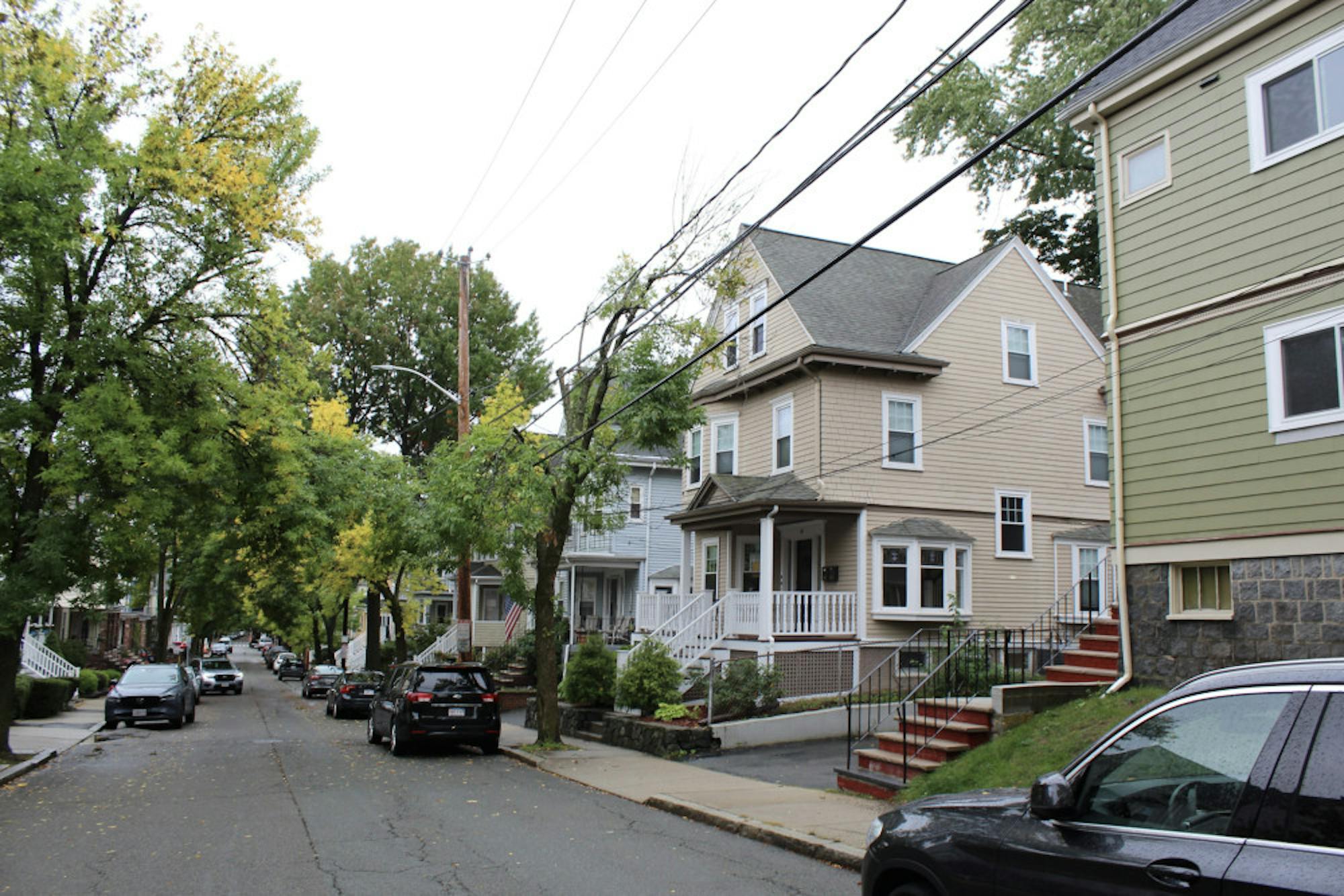Somerville’s Housing Division plans to allocate $1.6 million in federal funds towards services including rental assistance and housing stabilization by 2030. The funds were awarded by the U.S. Department of Housing and Urban Development’s HOME Investment Partnership American Rescue Plan Program, an initiative that provides funding to reduce homelessness and increase housing stability across the country.
“Some of the data on rising housing costs and the shrinking number of naturally affordable rental units in the market indicate a growing crisis of housing instability and loss as well as family displacement in Somerville,” Lisa Davidson, the City of Somerville’s housing grants manager, wrote in an email to the Daily. “The impact [of the funds] will ideally be more individuals and families moving more quickly to thrive in stable and safe housing of their own.”
HUD allowed for four potential uses of the funds: producing and preserving affordable rental housing, expanding housing supportive services, providing tenant-based rental assistance and developing non-congregate shelters. After consulting with community partners and collecting data, the city determined that the most pressing need in Somerville is increased affordable housing; however, their funding only provides enough to build three rental units.
“In relation to the larger housing problems in Somerville, this is really a small amount of money,” Shomon Shamsuddin, an associate professor of social policy at Tufts, explained. “It’s not enough to really engage in any kind of large-scale development or housing production.”
According to Davidson, the city’s funds will make the greatest impact in the area of supportive services, which provide assistance and guidance to those at risk of housing loss and those experiencing homelessness.
“As the City and its residents move beyond the worst of the pandemic and as special pandemic funds are used up, there is an opportunity to look at the service delivery system and make sure it’s working for all members of the community in the most efficient and effective way,” she wrote. “This is an ideal time to examine our system’s capacity for greater coordination among service providers and working to preserve and bolster those interventions that can prevent housing loss in the first place.”
Housing loss is a growing issue in Somerville and Massachusetts at large, where high rental costs make it difficult for many people in lower income brackets to find an affordable living situation. Massachusetts residents need an income of at least $37.97 per hour to afford the rent for a typical two-bedroom apartment, but the state’s minimum wage is only $15, leaving a significant gap.
To fill that gap, many rely on credit card spending, sometimes known as the “plastic safety net.” However, maxing out a credit card reduces one’s credit rating and can push them further into debt, making it harder for them to get a lease and often disqualifying them from certain employment opportunities.
With employment and credit cards proving unreliable, supportive services are especially crucial, according to Laurie Goldman, a senior lecturer in the Department of Urban and Environmental Policy and Planning. One of the services covered by Somerville’s funding is case management, in which service providers work directly with households at risk of homelessness to help them determine their next steps.
“Good case management … is about working with families … to figure out what is their strategy for doing what it is that they want to do to be able to live a comfortable life that sustains everybody in their household,” Goldman said.
These services, she said, could be anything from housing search assistance to helping families at risk of homelessness determine what other programs they are eligible for.
"All of that is tremendously, tremendously difficult [to do alone],” she said.
David Gibbs, executive director of the Community Action Agency of Somerville, reinforced this point.
“Once you’ve done that initial stabilization work, case management is about regular follow-ups with that family or household to make sure that things are going smoothly, to make sure that some new issue hasn’t come up that could jeopardize their tenancy, [to] make sure they’re still enrolled for the benefits,” he said. “It’s about the long-term relationship that you have with a household.”
In addition to case management, the funding will go towards services including rental assistance, street outreach, job training and start-up costs relating to the money allocated for a new tenancy. More than $160,000 will also fund operating costs and capacity building for nonprofits, given that these organizations are largely responsible for running supportive service programs.
“There is this money to run programs, but you need to have more organizational capacity in order to be able to deliver the programs … [and] apply for the funding,” Goldman explained.
With the Allocation Plan established, the city’s next goal is to receive official approval from HUD. Following this approval, Somerville organizations will have the opportunity to apply for the federal funding.
“I think it’s a fantastic use of the money and I think it can have an appreciable effect in the short term to help stabilize folks and keep them here,” Gibbs said. “Long term, we need more affordable housing. We need better wages for people so they can afford the basics of life. … There’s a host of things long term that we need to pay attention to. But in the short run, this is welcome and should be very effective.”






